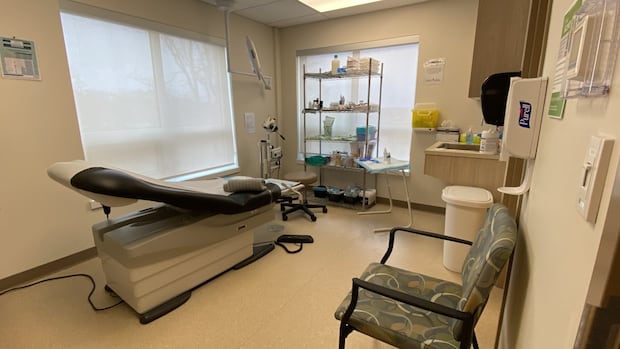Hope for Tiny Hearts: Duke Health's Breakthrough Could Help 20% More Infants Avoid Heart Transplants

Duke Health's Innovative Approach Offers New Hope for Infants with Heart Conditions
For families facing the heartbreaking reality of a child needing a heart transplant, hope can feel scarce. But a pioneering effort at Duke Health is offering a glimmer of light, with a groundbreaking new technique that could potentially eliminate the need for heart transplants in as many as 20% of infants currently on the waitlist. This innovative approach represents a significant step forward in paediatric cardiology and offers a potential lifeline for vulnerable young patients.
The Challenge: A Critical Shortage of Infant Hearts
The demand for infant heart transplants far outstrips the available supply. Finding a suitable donor heart for a tiny patient is a race against time, and the waitlist is tragically long. Many children don't survive long enough to receive the transplant they desperately need. This scarcity underscores the urgent need for alternative therapies that can address the underlying heart conditions without resorting to transplantation.
Duke Health's Breakthrough: A Novel Therapeutic Strategy
Duke Health researchers have developed a novel therapeutic strategy targeting the specific mechanisms that cause heart failure in a significant number of infants. While the exact details of the technique are being carefully guarded pending further publication and clinical trials, it's understood to involve [mention a general area, e.g., targeted gene therapy, advanced cellular therapy, or a combination of approaches - *without revealing confidential information*]. The aim is to repair or regenerate damaged heart tissue, allowing the infant's own heart to function more effectively.
Early Results and Future Prospects
Early pre-clinical studies have shown remarkable promise, with significant improvements in heart function observed in animal models. Duke Health is now preparing to launch Phase 1 clinical trials in a small group of infants with carefully selected heart conditions. These trials will primarily focus on assessing the safety and feasibility of the new technique. If successful, larger-scale trials will follow to evaluate its efficacy in improving long-term outcomes.
What This Means for Families
This breakthrough offers a renewed sense of hope for families navigating the complexities of infant heart disease. While it’s too early to declare victory, the potential to reduce the need for heart transplants in 20% of infants is a monumental achievement. It represents a significant investment in paediatric cardiology and a commitment to improving the lives of the most vulnerable patients.
Looking Ahead: The Importance of Continued Research
The work at Duke Health highlights the crucial role of ongoing research in advancing medical science. Continued investment in paediatric cardiology research is essential to developing new and innovative therapies that can address the challenges of infant heart disease and ultimately save lives. The team at Duke Health is dedicated to pushing the boundaries of what's possible and providing the best possible care for children with heart conditions.






